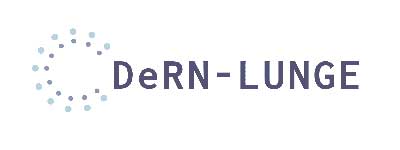Project Description
A new paper titled European Reference Networks: challenges and opportunities has been published in the Journal of Community Genetics. Birute Tumiene, BoMS member for Latvia and clinical geneticist, and 8 ERN coordinators wrote this paper outlining some of the challenges faced by ERNs and presents possible solutions and opportunities.
Abstract: European Reference Networks (ERNs) were founded on the principle that many rare disease (RD) issues are pan-European and any single Member State cannot solve them alone. In 2021, ERNs are already in the deployment stage; however, their day-to-day functioning and realization of their potential are still severely hampered by many challenges, including issues in governance and regulation, lack of legal status, insufficient and unsustainable funding, lack of ERN integration into national systems, endangered collaboration with UK RD experts due to Brexit, insufficient exploitation of ERN potential in RD research, underappreciation of highly qualified human resources, problems with the involvement of patient representatives, and still unclear place of ERNs in the overall European RD and digital ecosystem. Bold and innovative solutions that must be taken to solve these challenges inevitably involve pan-European collaboration across several sectors and among multistakeholder RD communities and in many cases crucially rely on the constructive dialogue and coherent, united decisions of national and European authorities that are based on common EU values. Importantly, unresolved challenges may have a strong impact on the further sustainability of ERNs and their ability to realize full potential in addressing huge unmet needs of RD patients and their families.
